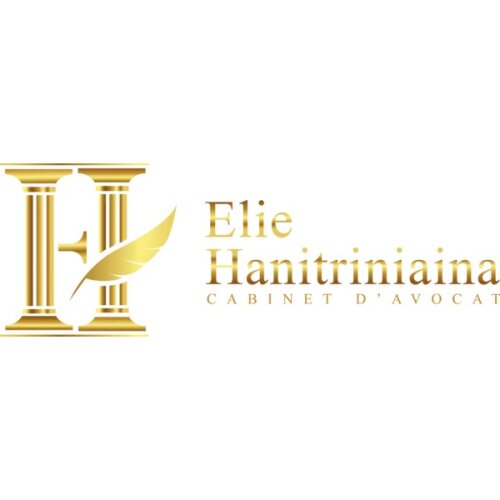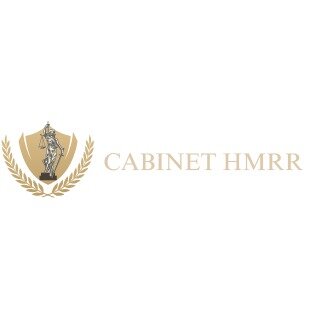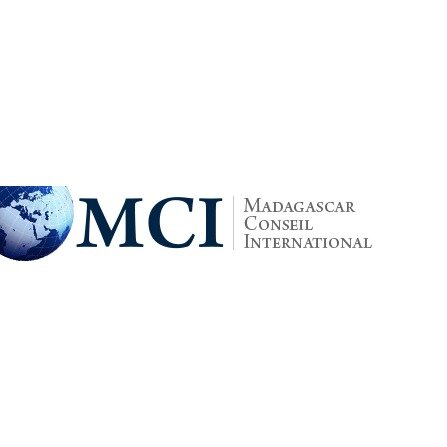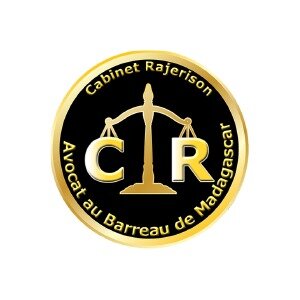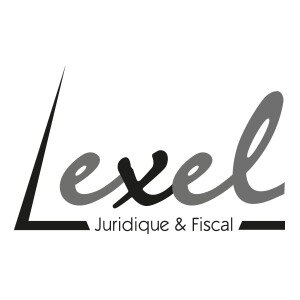Best Structured Finance Lawyers in Antananarivo
Share your needs with us, get contacted by law firms.
Free. Takes 2 min.
List of the best lawyers in Antananarivo, Madagascar
About Structured Finance Law in Antananarivo, Madagascar
Structured finance in Antananarivo, Madagascar plays an essential role in supporting both local and international investment, project development, and corporate financing. Structured finance encompasses a broad variety of sophisticated financial transactions, including securitizations, syndicated loans, asset-backed securities, and project finance structures. In Madagascar's capital and financial hub, Antananarivo, the sector has grown in recent years as businesses and investors seek innovative solutions to raise capital, mitigate risks, and access global markets. The legal environment around structured finance transactions is evolving, driven by domestic regulations, regional standards within the Southern African Development Community (SADC), and an increased focus on compliance, transparency, and investor protection.
Why You May Need a Lawyer
Structured finance transactions involve complex arrangements and multiple parties, often crossing legal, financial, and regulatory boundaries. A lawyer specialized in structured finance can assist you in several situations, including:
- Negotiating and structuring loan and finance agreements for large projects
- Understanding local regulatory requirements for securitizations and bond issuances
- Drafting and reviewing complex contracts that involve multiple stakeholders
- Conducting due diligence on assets, borrowers, or issuers involved in the transaction
- Advising on tax implications and compliance with Madagascar's financial regulations
- Resolving disputes or refinancing issues arising from existing structured finance deals
- Navigating cross-border transactions subject to both Malagasy law and foreign regulations
Local Laws Overview
In Antananarivo, structured finance transactions are governed by a mix of laws, including the Malagasy Commercial Code, the Banking Law of Madagascar, and specific financial sector regulations overseen by the Central Bank of Madagascar (Banque Centrale de Madagascar). The key aspects relevant to structured finance include:
- Licensing and authorization requirements for banks, financial institutions, and intermediaries
- Rules on collateralization, asset securitization, and the transfer of receivables
- Disclosure and transparency obligations to protect investors and prevent financial crimes such as money laundering
- Foreign exchange controls and limits on repatriation of funds for cross-border transactions
- Corporate governance norms for entities issuing debt or asset-backed securities
- Taxation of financial instruments, interest, and capital gains arising from structured finance arrangements
- Dispute resolution mechanisms, including approaches to litigation and arbitration in Madagascar
Madagascar also adheres to certain international conventions and standards, especially when it comes to anti-money laundering (AML) and combating the financing of terrorism (CFT) in financial transactions.
Frequently Asked Questions
What is structured finance and how is it used in Madagascar?
Structured finance is the design and implementation of complex financial instruments or strategies, often to raise capital or redistribute risk. In Madagascar, structured finance can support large infrastructure projects, facilitate asset-backed lending, or help businesses tap into resources otherwise unavailable through traditional banking.
Which entities are allowed to engage in structured finance in Antananarivo?
Banks, financial institutions, multinational corporations, and specialized investment vehicles can engage in structured finance transactions. Some deals may require specific licenses or approvals by the Central Bank or Ministry of Finance.
Are there any restrictions on foreign investments in structured finance?
Foreign investors can participate in structured finance, but certain sectors are subject to restrictions and approval. Additionally, foreign currency transactions are regulated by the Central Bank.
Is asset securitization permitted under Malagasy law?
Asset securitization is possible under Malagasy law, though the sector is still developing and may require careful legal structuring. Legal advice is recommended to ensure compliance with local rules and contractual enforceability.
What are the main regulatory bodies overseeing structured finance?
The key regulatory bodies include the Central Bank of Madagascar (Banque Centrale de Madagascar), the Ministry of Finance, and for specific cases, the Financial Markets Authority (Autorité de Supervision des Marchés Financiers if established).
Do structured finance transactions require government approval?
Some transactions may need regulatory approval, especially where public assets, significant foreign investment, or specific industry regulations are involved. Legal counsel can assess each case individually.
What taxes are applicable to structured finance deals?
Taxes can include value added tax (VAT), stamp duties, and capital gains taxes on securities or financial products. The actual tax burden depends on the nature and structure of the transaction.
How are disputes in structured finance transactions resolved in Antananarivo?
Disputes may be resolved through local courts or, if agreed by contract, through arbitration or alternative dispute resolution methods. Madagascar supports both domestic and international arbitration.
Are there anti-money laundering (AML) requirements for structured finance?
Yes, Madagascar has implemented AML frameworks that require financial entities to conduct due diligence, report suspicious transactions, and maintain robust compliance systems.
Can Malagasy and foreign parties freely choose the governing law for contracts?
Parties have some flexibility to choose the governing law and jurisdiction for their agreements, but certain aspects, especially those related to real estate or public assets in Madagascar, may be subject to mandatory local law.
Additional Resources
For those seeking more information or assistance, the following resources may prove helpful:
- Central Bank of Madagascar (Banque Centrale de Madagascar) - Regulating banking and capital markets activities
- Ministry of Finance and Budget - Overseeing financial sector policies and approvals
- Malagasy Bar Association (Ordre des Avocats) - Finding qualified legal practitioners in finance and corporate law
- Chamber of Commerce and Industry of Antananarivo - Networking and investment resources
- Madagascar Investment Promotion Agency (EDBM) - Assistance for foreign investors
Next Steps
If you are considering or already involved in any form of structured finance in Antananarivo, it is highly recommended to consult with a local lawyer specializing in finance law. Here is how to proceed:
- Gather all relevant documentation, including financial statements, proposed transaction terms, and business plans
- Contact a lawyer or law firm with experience in structured finance and Malagasy financial regulations
- Prepare specific questions and objectives you want to achieve from the transaction
- Assess legal fees, timelines, and necessary filings or approvals with your legal advisor
- Review any legal opinions or due diligence findings with your legal team before proceeding
- Ensure that all agreements are properly executed and comply with both Malagasy law and any applicable international standards
A proactive approach with professional legal advice can help you maximize the benefits of structured finance, manage legal risks, and ensure compliance with Madagascar's laws.
Lawzana helps you find the best lawyers and law firms in Antananarivo through a curated and pre-screened list of qualified legal professionals. Our platform offers rankings and detailed profiles of attorneys and law firms, allowing you to compare based on practice areas, including Structured Finance, experience, and client feedback.
Each profile includes a description of the firm's areas of practice, client reviews, team members and partners, year of establishment, spoken languages, office locations, contact information, social media presence, and any published articles or resources. Most firms on our platform speak English and are experienced in both local and international legal matters.
Get a quote from top-rated law firms in Antananarivo, Madagascar — quickly, securely, and without unnecessary hassle.
Disclaimer:
The information provided on this page is for general informational purposes only and does not constitute legal advice. While we strive to ensure the accuracy and relevance of the content, legal information may change over time, and interpretations of the law can vary. You should always consult with a qualified legal professional for advice specific to your situation.
We disclaim all liability for actions taken or not taken based on the content of this page. If you believe any information is incorrect or outdated, please contact us, and we will review and update it where appropriate.





